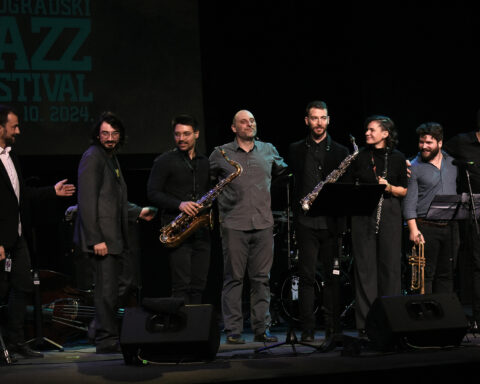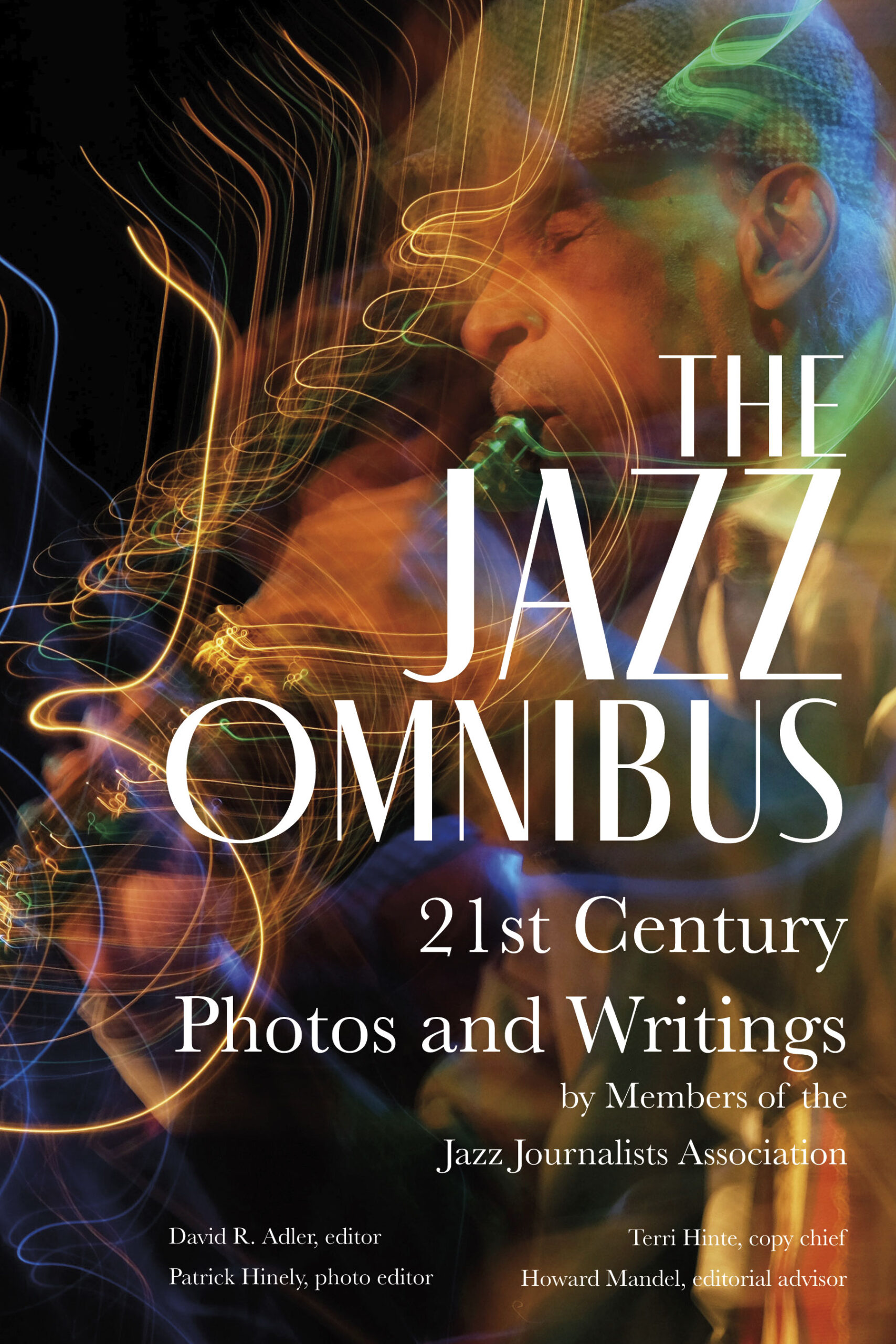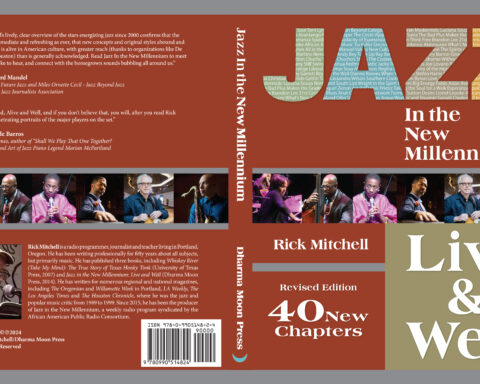The Jazzinstitute of the City of Sciences, Darmstadt, Germany, is holding a weeklong interactive forum on jazz criticism at www.jazzkritik.de, and the JJA has signed on as approving the course.
“We realize that the reporting about jazz events in the German daily press as well as in the online media is not always what we envision it could be — i.e. written with a professional ethos, with the knowledge of how to approach a concert review,” explains Dr. Wolfram Knauer, director of the Institute, a JJA member and Louis Armstrong Visiting Professor at the Center for Jazz Studies at Columbia University in 2008. “The reason for this is that many daily newspapers use freelance writers — and when it comes to jazz these rarely are trained journalists. They are often jazz fans who love the music and are happy and proud to be writing about it. They have the enthusiasm, but what they sometimes lack is professional training or at least professional guidance. So what we try to do is to provide them with a forum in which they get feedback by some established writers.”
For a program similar to the “Who Asked You Anyway?” critics’ clinics instituted by Paul de Barros, Dan Ouellette and Howard Mandel at conventions of the International Association for Jazz Education in the early ’00s, Knauer has enlisted a panel comprising writers for a daily newspaper, a weekly magazine and an online column, a “major literary author with jazz interest” and himself to oversee registered participants’ reviews of videotaped concerts by German trumpeter Niles Wüulker and his band, and saxophonist Angelica Niescier with her quartet. These participants’ reviews (no more than about 2000 words, written in German) will be posted for group reading, and the panel members will offer what Knauer describes as “criticism of the criticism, give hints and tips, enter into a dialogue with the respective authors, a critical dialogue which will not be public but between the jury members and the respective authors only.
“We wanted to keep this sense of privacy for everyone so people will not feel embarrassed by any comment or feel the need to defend themselves against anything,” Knauer wrote in an email to the JJA. “At the end, the jury members will vote for their ‘best’ review and we will honor the ‘winner’ with a weekend in Darmstadt during our Jazzforum in late September where the subject of Jazzkritik plays an important role in our conference as well.” The 2011 Jazzforum, a bi-annual conference, will focus on education as well as criticism, with well-known German critics giving papers and participating in a panel discussion, and musicians publicly discussing the topic of how to reach audiences without compromise of aesthetic ideals. “We are planning to start the journalists’ panel with a paper by a musician and to start the musicians’ panel with a paper pointedly questioning the musician-audience relationship,” Knauer says.
The jazz:kritik project description begins (Google translator):
The critic is an important partner of the German jazz scene. He or she explores current projects as well as contemporary artistic and aesthetic discourses. The critic reports with a critical distance on concerts, festivals, publications or other activities the scene and supports the presence of jazz in the public eye, helping to get everyone involved: musicians as well as tour operators, agents, labels and fans.
This description echoing the JJA’s position on the significance of jazz journalists, the organization has lent its logo to the Jazzinstitute’s efforts and has traded links (see the videos under consideration and access the posted reviews, which can be cut-and-pasted for free online translation into English or other languages, here). Given requisite funding or the volunteer energies of JJA members, such a program could be extended to English speakers under JJA auspices, and indeed Knauer anticipates such an expansion of jazz:kritik down the road.
“In the long run we might think of using our specifically designated website for an English-language online workshop of similar intent,” he wrote. “We can envision a future online workshop project on an international basis, because I believe that these days national events are no longer of just national impact.” JJA president Howard Mandel has assured Knauer that the JJA is eager to participate in international workshops on jazz criticism.






What the Jazzinstitut at Darmstadt, Germany tries to establish with the jazzkritik workshop is honorable. But one should not forget that journalisms, quality journalism respectively in Germany, is highly endangered. Good work based on profound knowledge does not pay off anymore, Magazines pay for text lengths, and not for the quality of a content ... it is sad, but true: writing about jazz is one of the most difficult, and least paid for exercises. That is the foremost reason for the decline of the whole genre. Why is nobody thinking about a plan to subsudize quality journalism in general?
Sincerely
Susu Bila
Susu, You're right that "writing about jazz is one of the most difficult and least paid for exercises." Nobody is thinking about a plan to subsidize quality journalism in general because journalists are "supposed" to fend for themselves. But you're right, too, that the system doesn't work anymore (not that it ever worked very well). No one is trying to subsidize jazz journalism because they don't understand that wityhout journalism, the news doesn't go from point A to points beyond. The JJA's goal is to convince people of how vital jazz journalism is. Can you help?
Howard, I absolutely agree with you! JJA's goals are honorable, because jazz journalists are such a minority! They need to organize themselves. I mean, we are talking about jazz, one of the most individualized art forms. Journalists writing for daily newspapers are on strike in numerous cities all over Germany these days, and some musicians are supporting them. Can I help? I am on strike ... but it is an invisible one. Journalists writing about Jazz usually act like lone fighters.